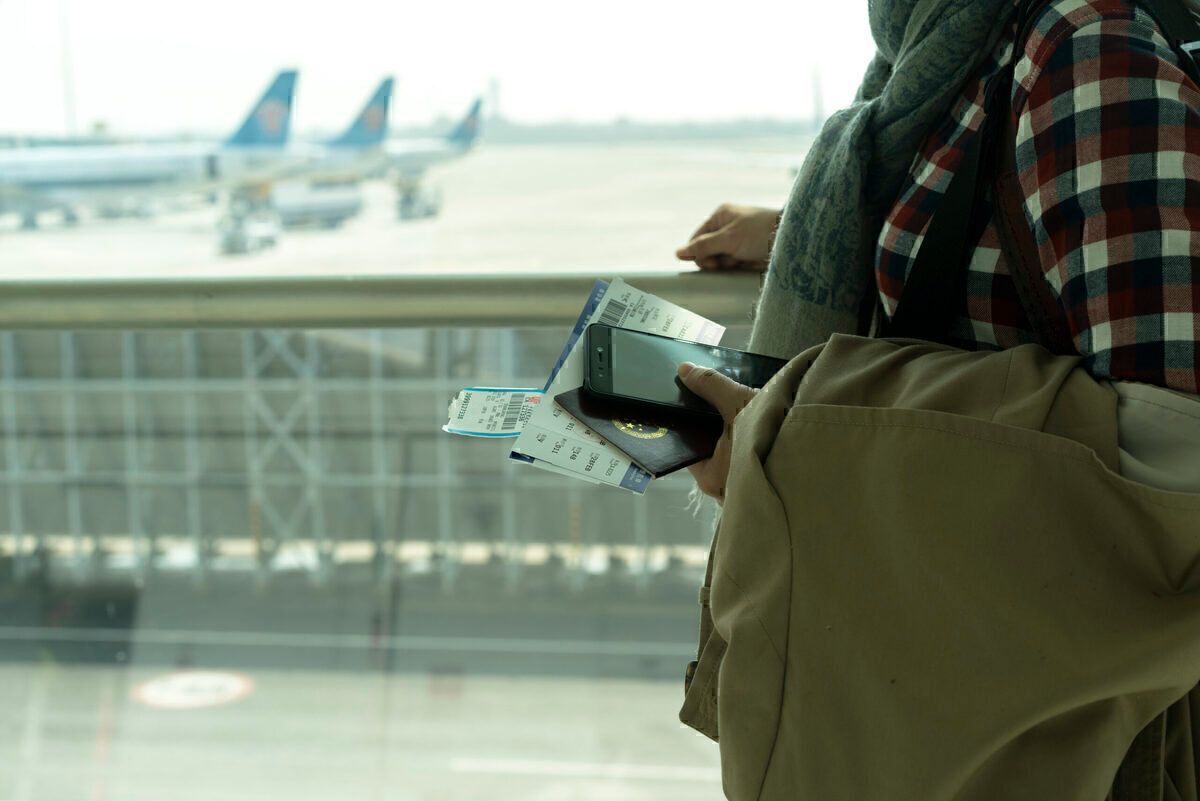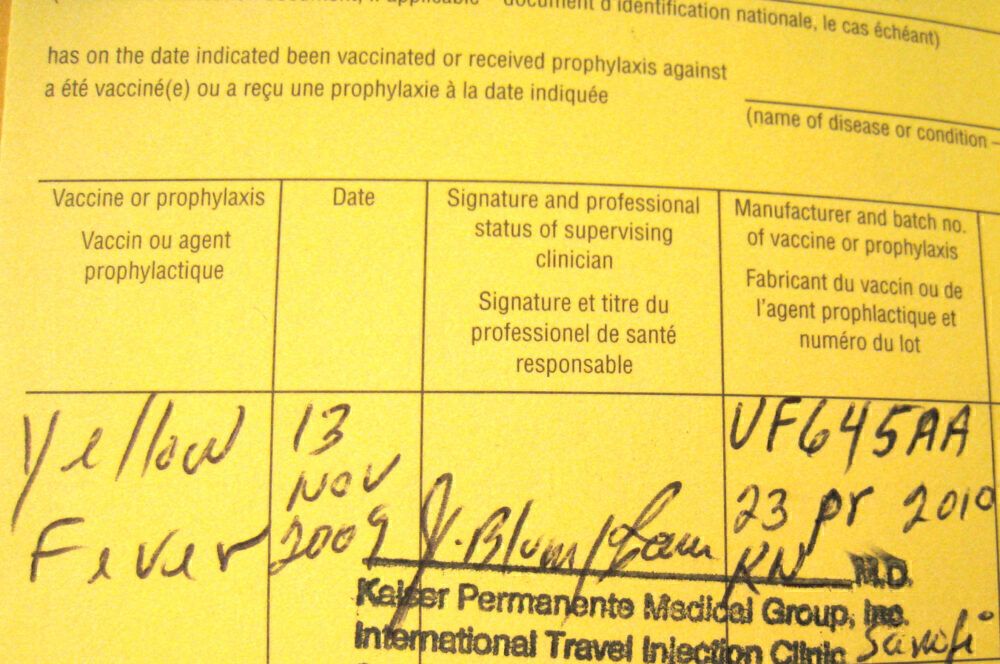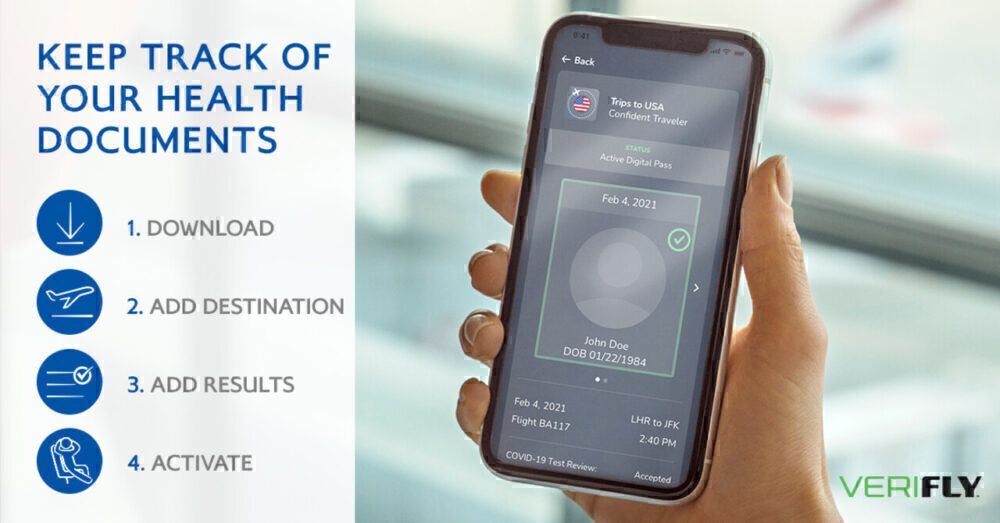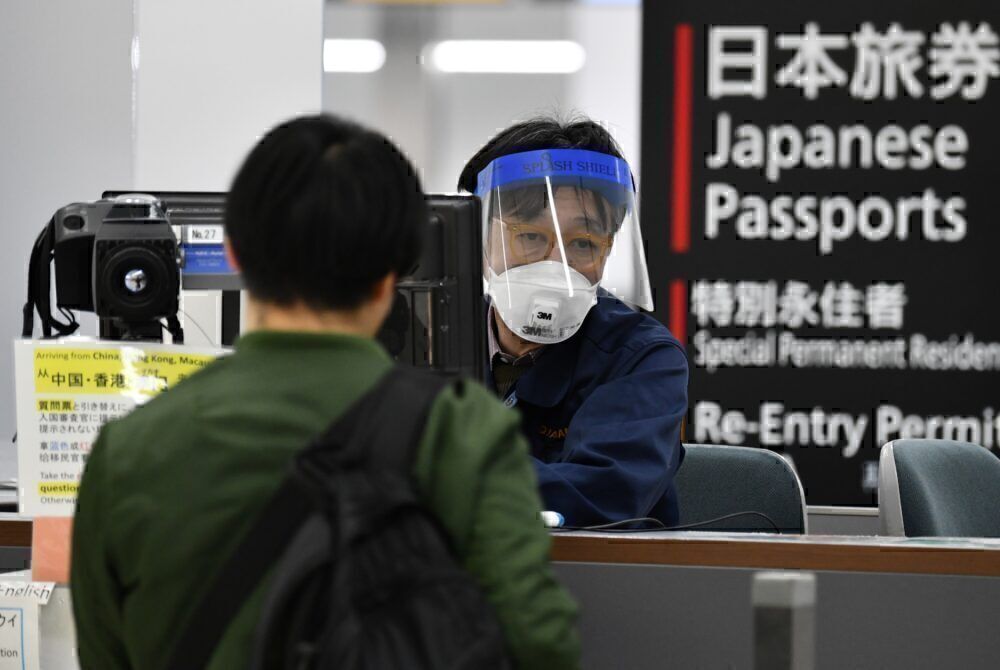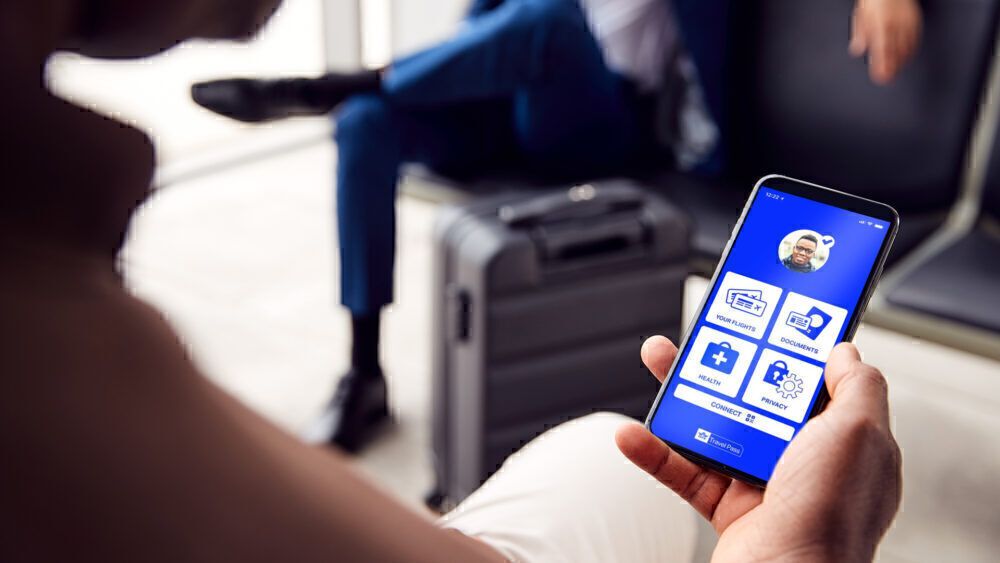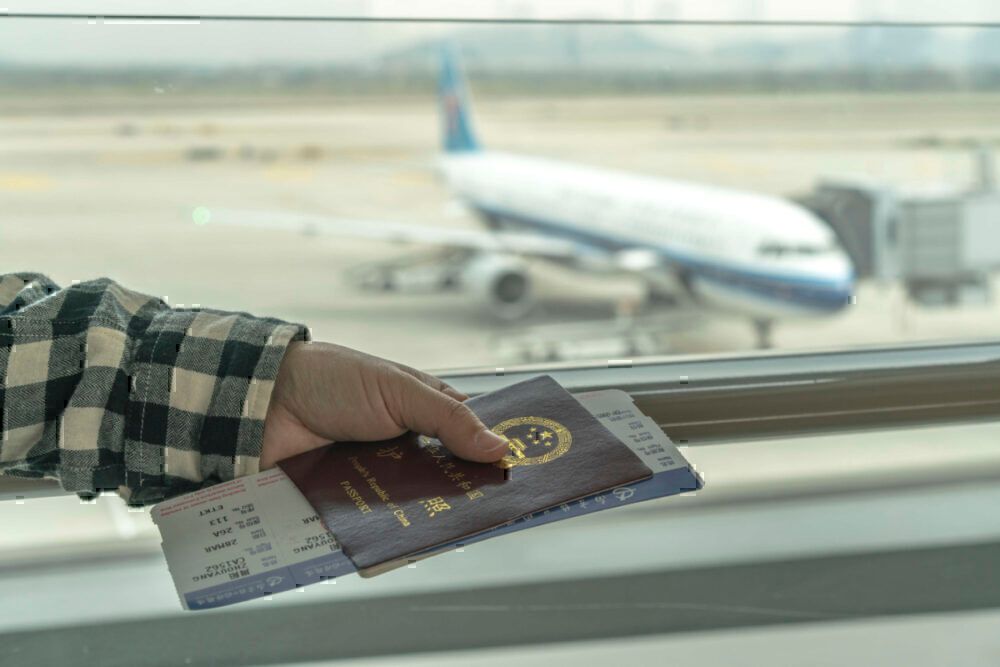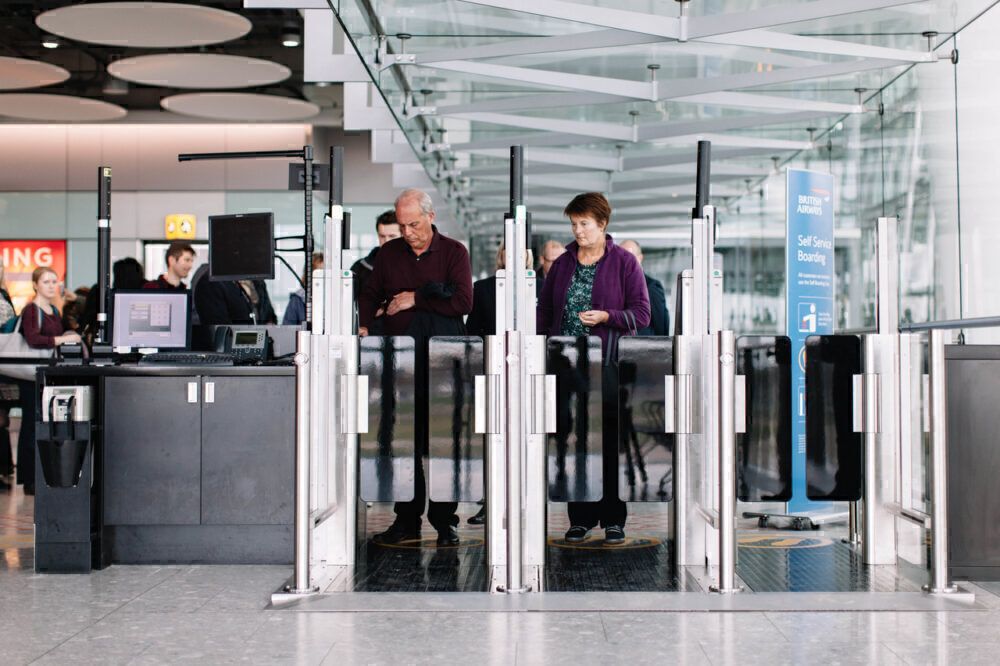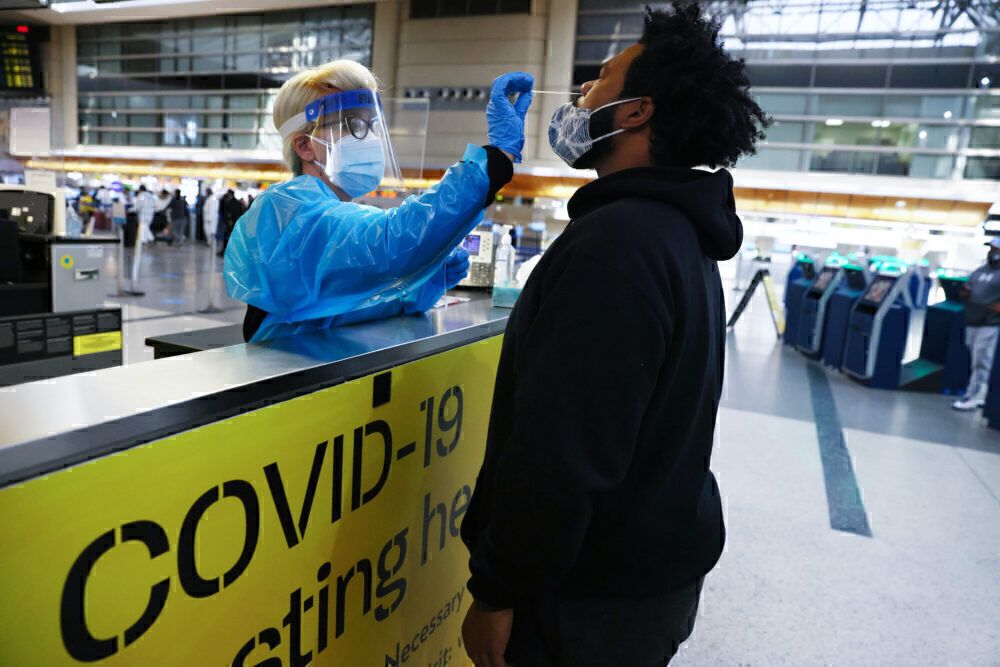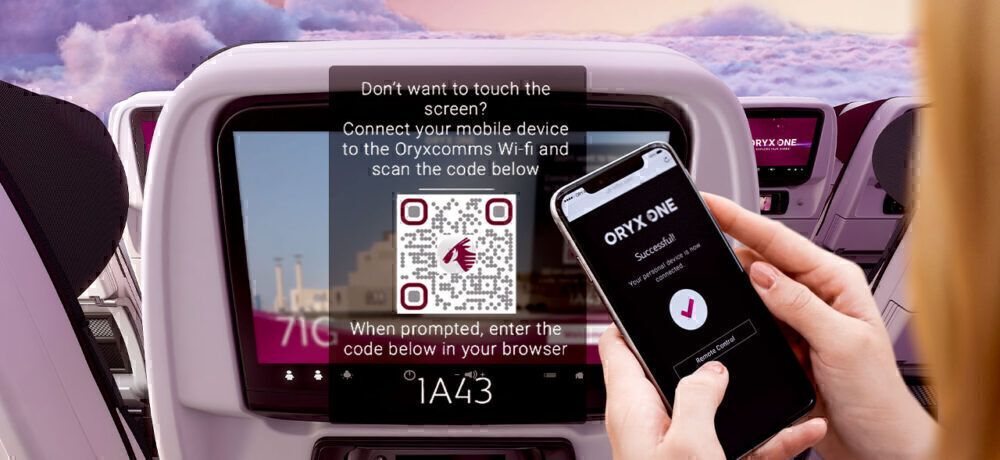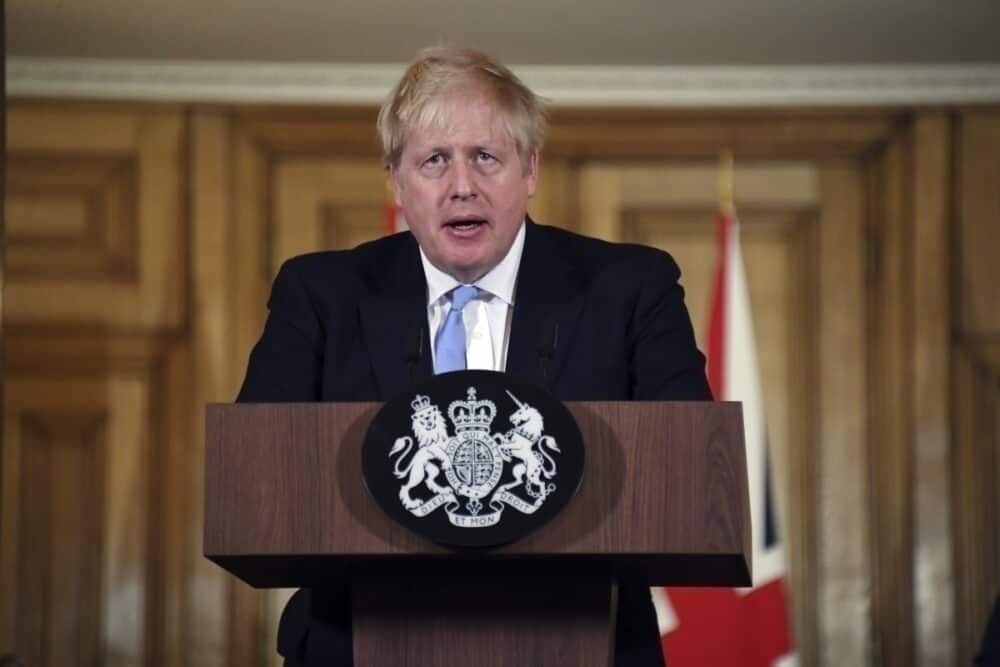Health passports are something we had hardly heard of a year ago; now everyone is talking about them. Some form of passport or proof of health status is likely to be a lasting legacy of the pandemic. It is early days for this, with some idea now of what airline systems will look like. But this could change as we move more to a government-mandated system. This article explores health passports and the main themes emerging.
What is a health passport?
Put simply, a health passport is a trusted document that confirms the holder's status concerning certain diseases. Of course, today, these are being looked at for COVID-19 to confirm previous test results, vaccination status, and possibly past infection details.
Currently, the term is being used to describe health-based apps being introduced by airlines. But it also refers to more formal passport systems that governments may introduce.
Such health proof is not new. Many countries have mandated this before, but it has never expanded globally in this way. Yellow fever certificates are the best example of this. Many countries (particularly in Africa and South America) require proof of vaccination from travelers.
Airlines developing health passports
It is very early days still for such passports. So far, there have been developments from several airlines. These are designed to make travel easier for their passengers and to assist with checking documents required for their journey.
American Airlines became the first airline to introduce health passports in January 2021. British Airways has since joined the same VeriFLY scheme. Alaska Airlines will use it too.
IATA is working on a ‘Travel Pass’ product. This has similar functionality but, with IATA support, could see more use across global airlines. Early adopters of the pass include Singapore Airlines, Qatar Airways, Emirates, Etihad, and Copa Airlines.
Others under development include IBM's Digital Health Pass and CommonPass from the World Economic Forum.
Stay informed: Sign up for our daily aviation news digest.
Involving governments
For the next stage of passport development and use, buy-in from governments is needed. IATA is working with both airlines and governments on its system, and there are hopes that it could extend to border control use. Several countries have said they are looking at this for their citizens, and we are likely to see a lot of change in this area in the coming months.
The European Union has started work on passports. In a November interview with Simple Flying, Lufthansa executive Bjoern Becker revealed that governments are looking at immunity documentation and predicted a widespread rollout. Since then, the European Commission has met to discuss a common passport framework. There is early agreement on a common EU-wide scheme and acceptance in all EU countries.
The UK has acknowledged that health passports are likely to be needed for travel but has not released any plans or confirmation. In the US, President Biden has launched a feasibility study into digital certificates.
Collaboration in the EU and beyond is vital if health passports are to work for travel. A separate system for each country could be just as complicated as the frequently changing requirements in place currently.
How will passports work
The current systems, such as VeriFLY and IATA's Travel Pass, have two main functions. Firstly, they present travelers with a full list of all tests, vaccination, or other documentation required for their journey. This is no easy task in itself, with requirements for countries changing daily.
Secondly, they store and verify passengers' documents. This is usually achieved by verifying the authenticity of uploaded tests from a selection of permitted sources. This allows airlines to identify specific labs and sources for trusted tests.
Alan Murry-Hayden, head of Airport Passenger and Security Products at IATA, explained this:
“It is a mobile application which airlines can embed into their own applications. It enables passengers to create digital identifications, then receive their test results or vaccinations onto their phone in a way that’s verifiable. Everybody can have confidence with it; we then have another module where you can check whether that vaccination or test results are sufficient for your journey.”
They can also handle other mandatory travel requirements. British Airways has said that VeriFLY will be updated to make sure passengers have a valid reason for leaving the UK, as mandated by the UK Prime Minister in January 2021.
Paper, card, or digital passports?
This is a topic that comes up often – will these passports ultimately be paper (much like existing passports), cards (like many countries driving licenses), or purely digital (like the apps currently in use and development).
There is no indication yet which way government-based systems will head. There are advantages and disadvantages for each. For the EU scheme, Ireland’s Health Minister, Stephen Donnelly, spoke with NewsTalk about this:
“We can decide what’s the easiest and most secure thing to do – in terms of is it paper-based or card-based, for example like our driver’s license, or is it a digital certificate that you might have to submit to an airline before being able to book a flight.”
Whatever method (or methods) are chosen, the ability to update is going to be essential. Different authorities can administer vaccinations and tests. Some citizens of a country will receive vaccinations outside their country and, of course, testing can be carried out by private companies all over the world.
Coordination is key and is the basis that IATA, and others, are working on. Having a whole range of airline apps and different paper and digital systems in use will make airline and border processing slow and complicated.
Integrating with existing passports
As for paper passports, one of the most compelling advantages is that many people already have them. The existing system has taken decades to develop.
Discussions about the updating of the traditional paper passport have already begun but have been slow. The introduction of biometrics, in particular, offers new ways to handle identity and document checks.
There have been several trials, including Emirates for London and Australian flights with a ‘One ID’ system. And many airlines and airports have introduced facial recognition border gates and passport controls. We are likely to see much more of this post-COVID, but we are still some way off any government removing the paper passport entirely.
Is there a way that health passports could be integrated with existing passports? Most passports now have a chip that records the main data. As this information is coded on by issuing authorities, it seems unlikely that constantly changing health information would be added. But countries could link a digital health recording system to passports.
Controlling the data
As the use of health passports expands, data privacy will become more of an issue. The current app-based systems have been designed with this in mind. The IATA Travel Pass works without a centralized database, giving passengers control of the data.
With data breaches a costly and damaging risk for airlines (such as easyJet losing the data of nine million customers to hackers), this is not a surprising move.
The possibilities of these more secure and contactless technologies are exciting. But their acceptance remains to be seen. As governments become more involved in mandating passports and health data, some may want a more ‘traditional’ approach to identity documents. Securing and verifying data will be a major issue in whatever solutions are successful.
Making travel contactless
Health passports are likely to be a lasting legacy of the coronavirus pandemic. The removal of ‘contact’ from our travel experiences is likely to be another.
The app-based systems being developed clearly embrace this. The shift at airports to contactless gates and biometric screening do too, and we are likely to see more of this. Fingerprint scanners probably less so.
In airport and airline service, this is already bringing big changes. Airport lounges have introduced online orders rather than buffets, inflight magazines have disappeared, and we have even seen Qatar Airways recently introduce touch-free IFE on its A350 aircraft.
Will health passports work?
What strategy for vaccinations and testing works for different countries and the travel industry is not really for us to say. Governments and airlines will discuss this at length over the coming months (and maybe years). But what is certain is that a system is going to be needed to manage the requirements.
Making the process easy for travelers and giving airlines and governments confidence in the accuracy of results is vital. An unmanaged system is confusing for passengers, complex and risky for airlines, and potentially fraudulent (there have already been cases of fake test and vaccination results). In the sense that passports improve this situation and play some part in opening up borders and travel, they will work.
Of course, there will be challenges. Identities will need to be matched and managed. There will be costs to be borne, and some people will object to the collection of data (and to testing and vaccination)
Paul Charles, the founder of PC Agency, explained the current mixed opinions well recently. He said:
“There are those who believe that health apps will help the sector recover better and faster. And there are those who believe that adding more demands onto travelers to prove that they’re COVID-free will put off people from traveling because there are so many layers of complexity in terms of visiting another country.”
Most people want to see a return to safe travel as soon as possible. Do you think health passports will help with this, and what next developments are likely to work? Let us know your thoughts in the comments.

